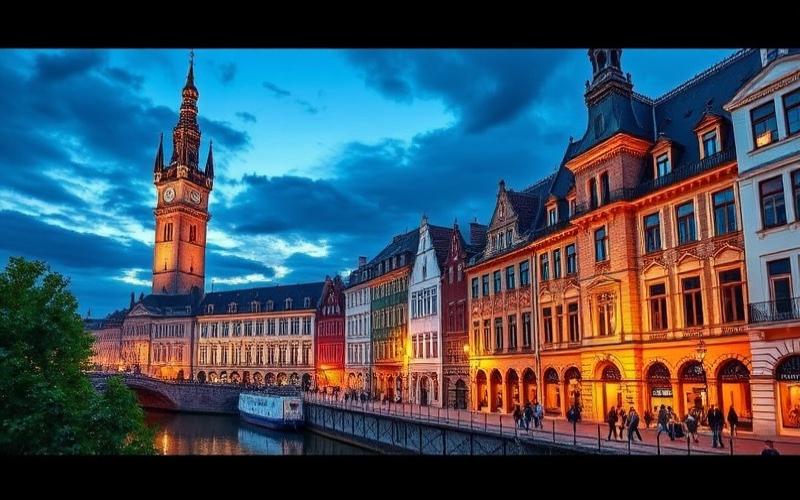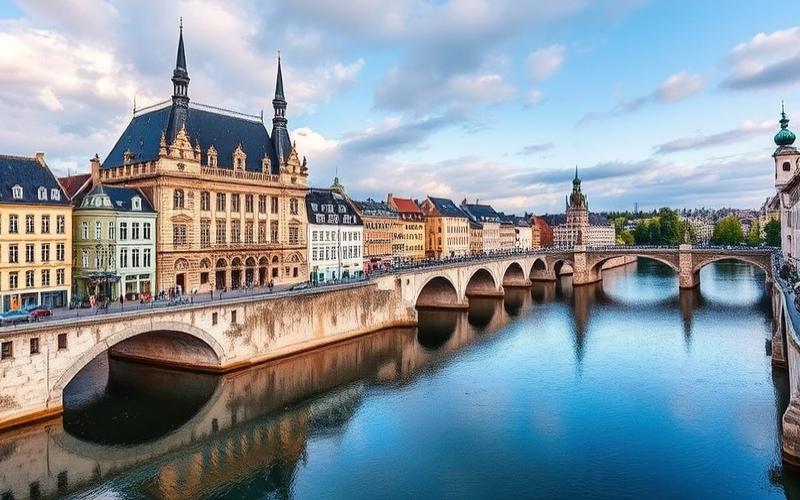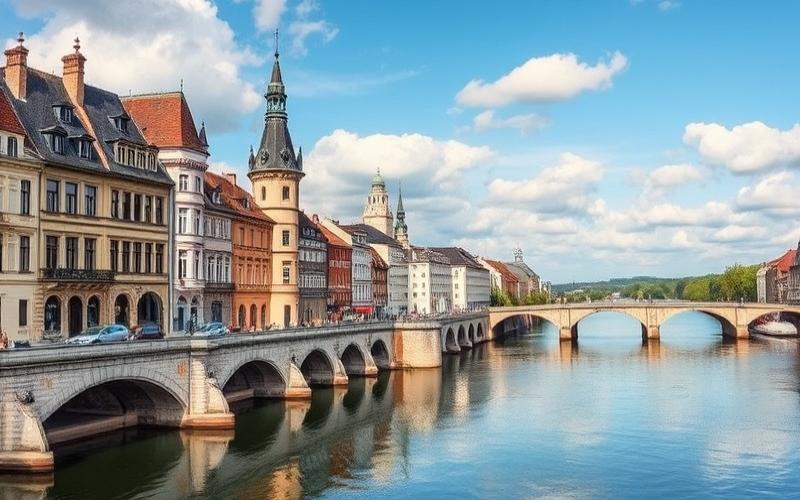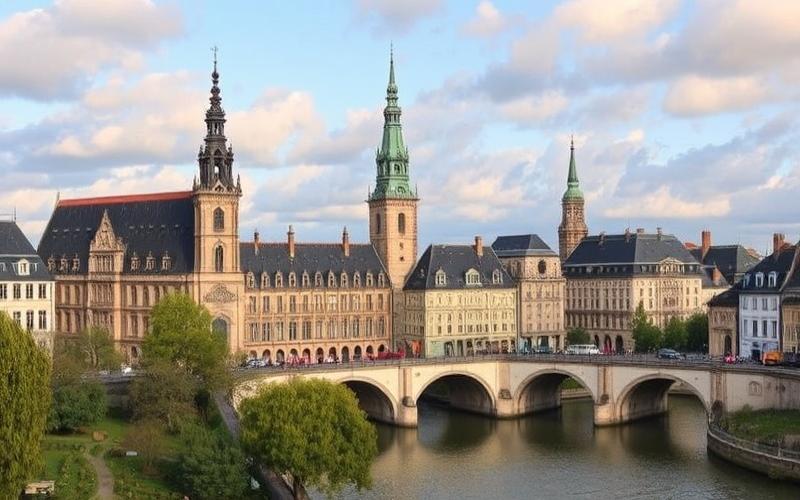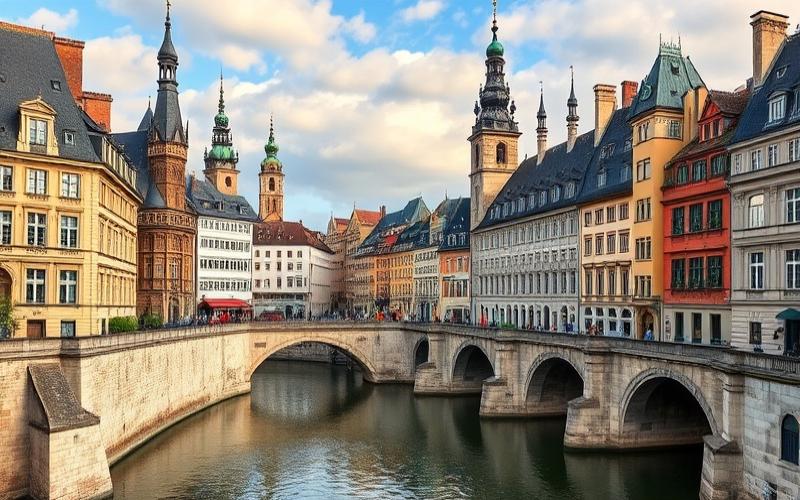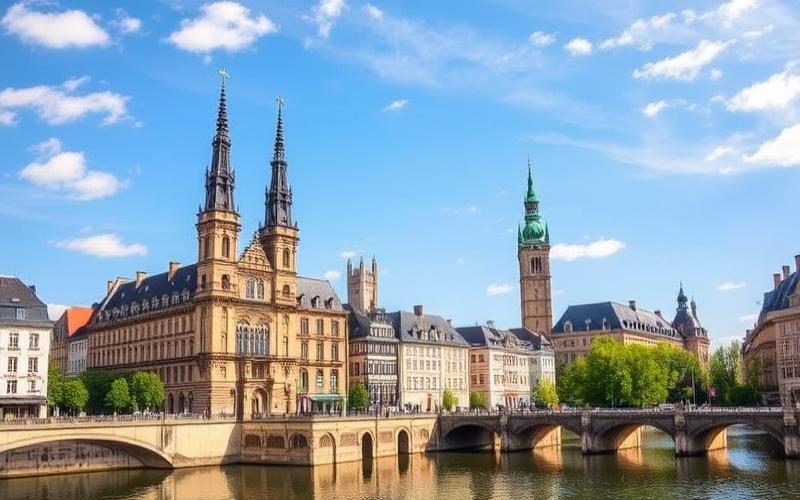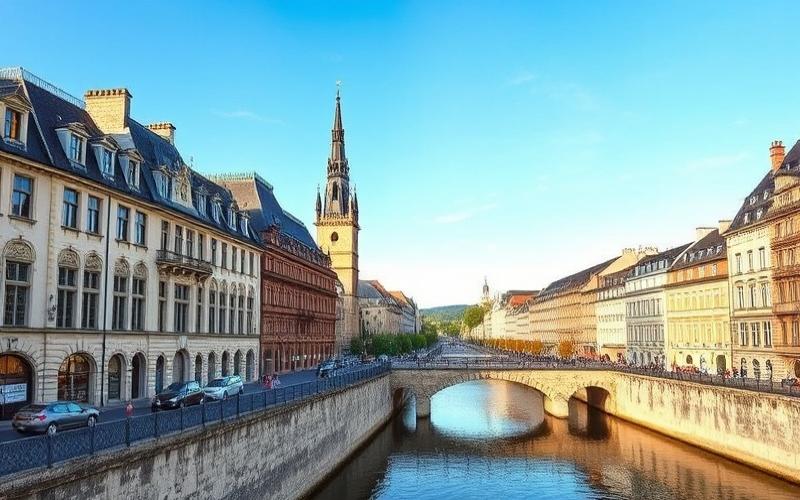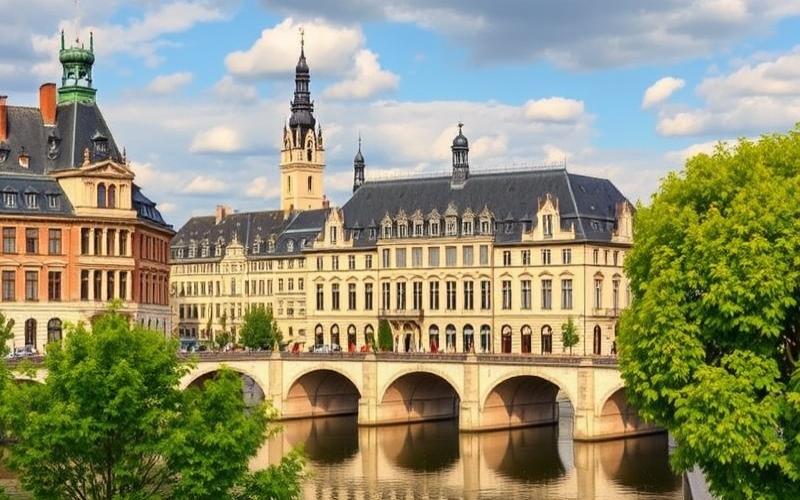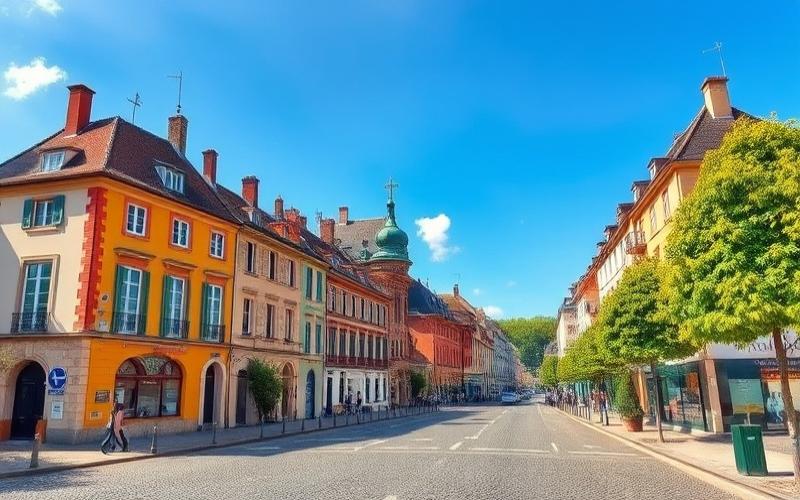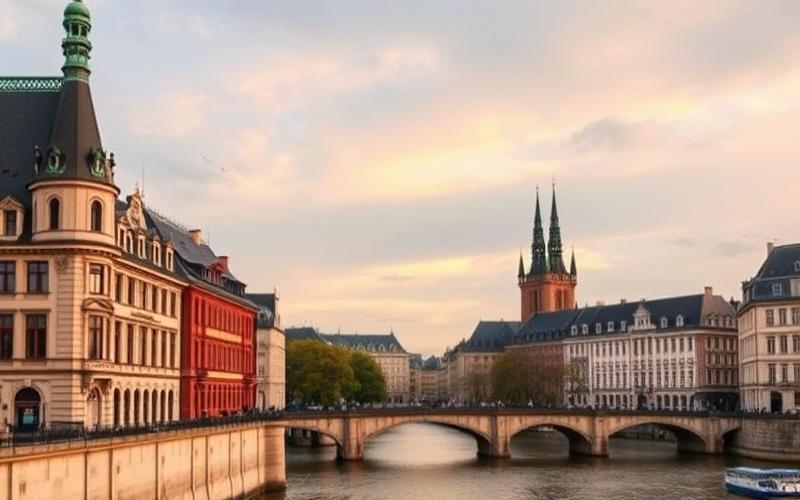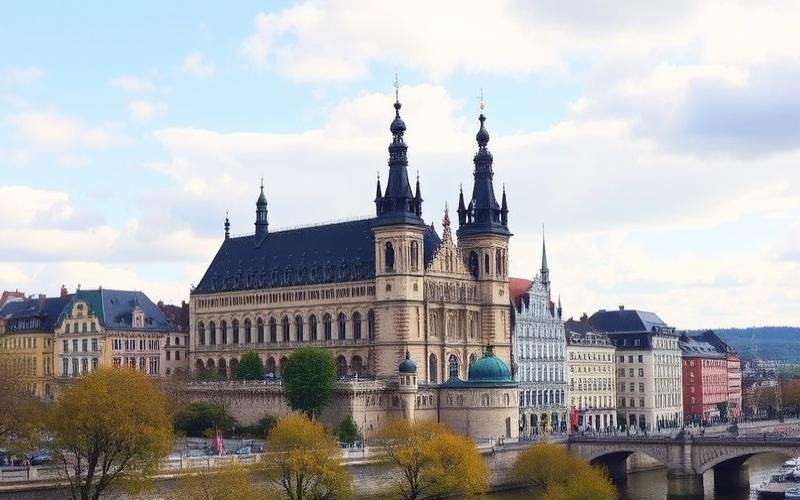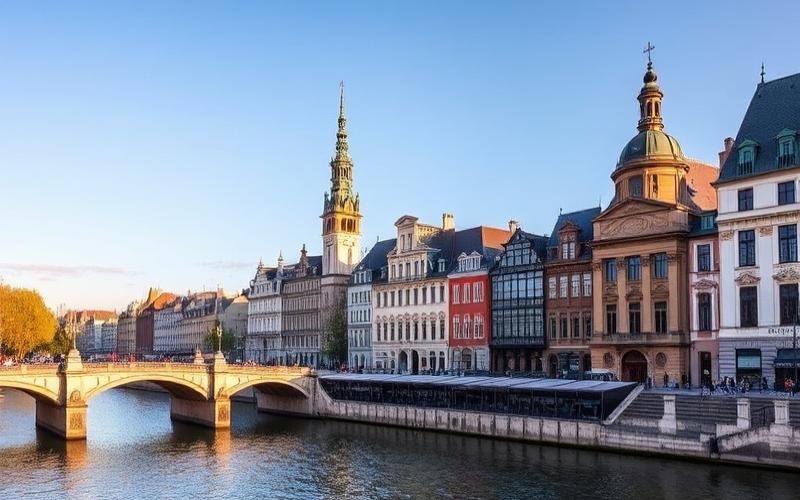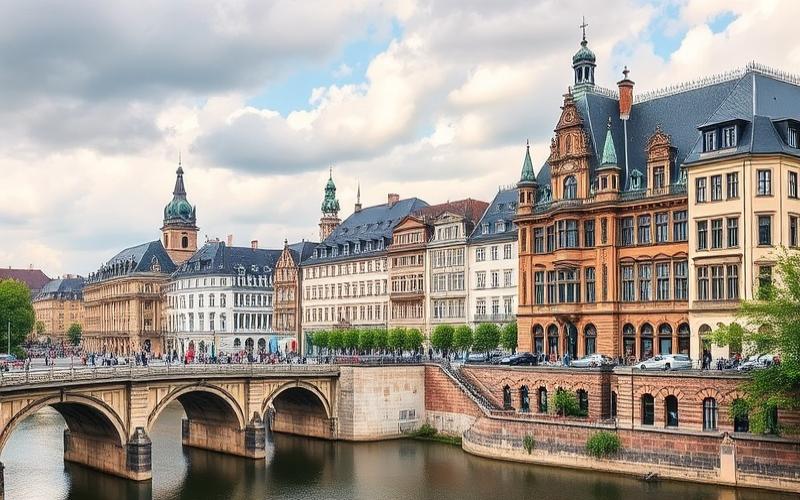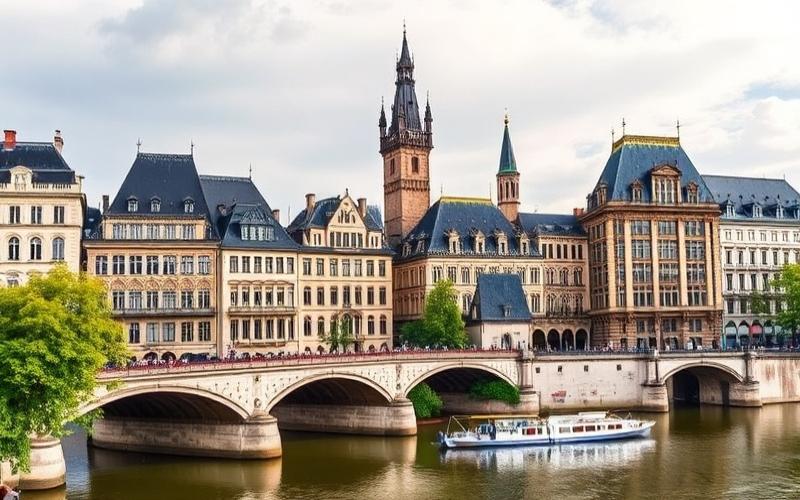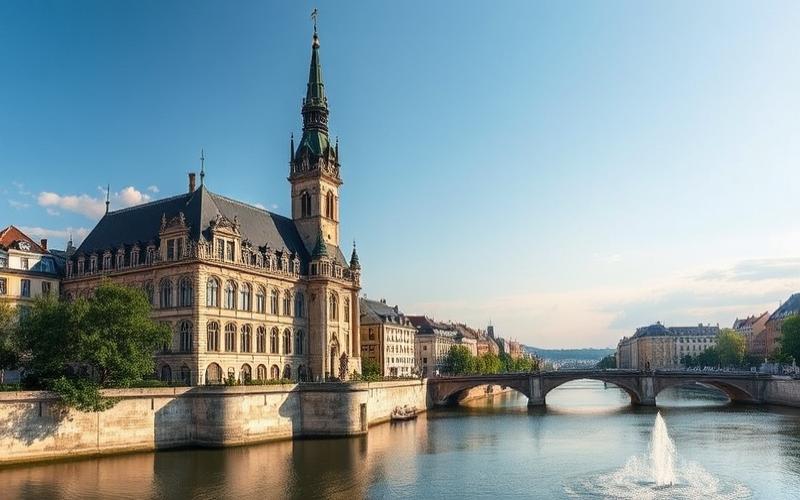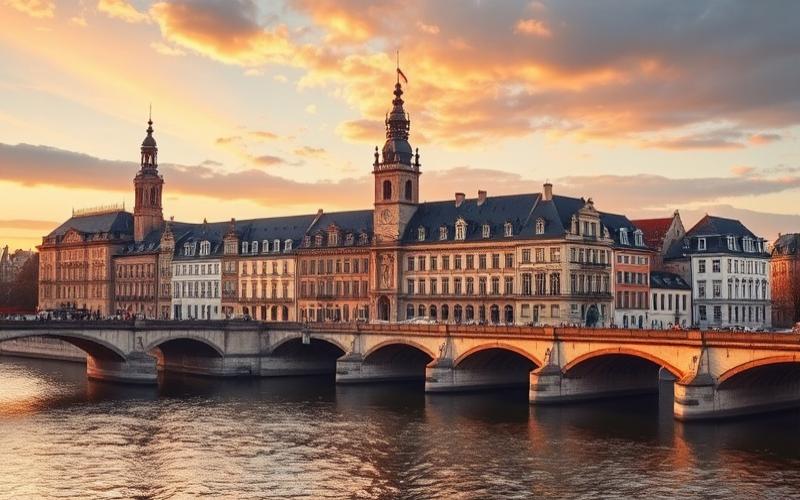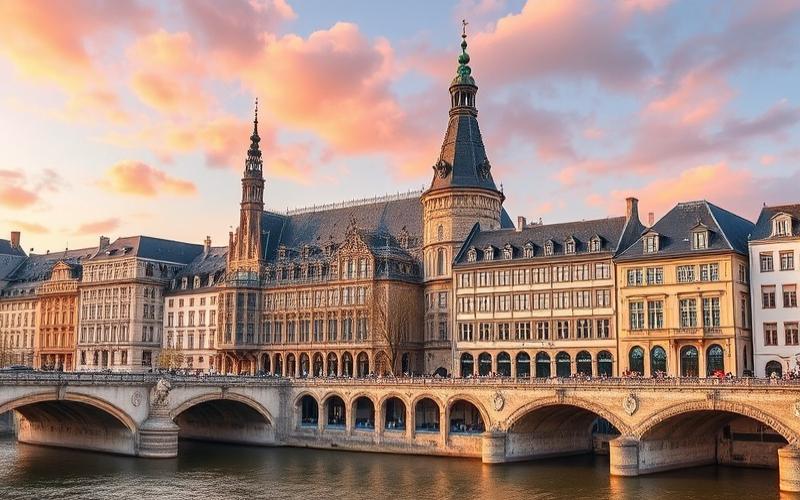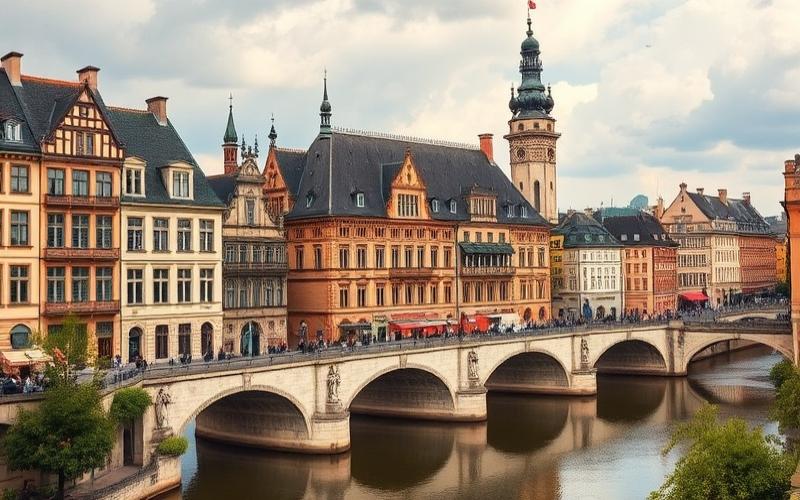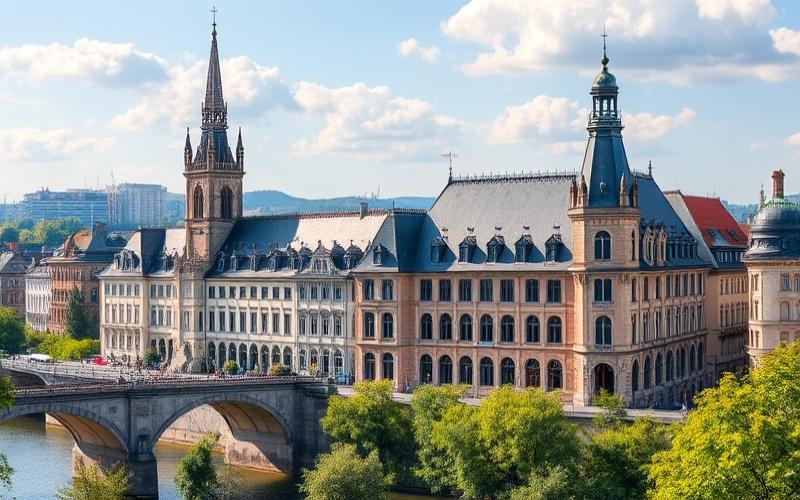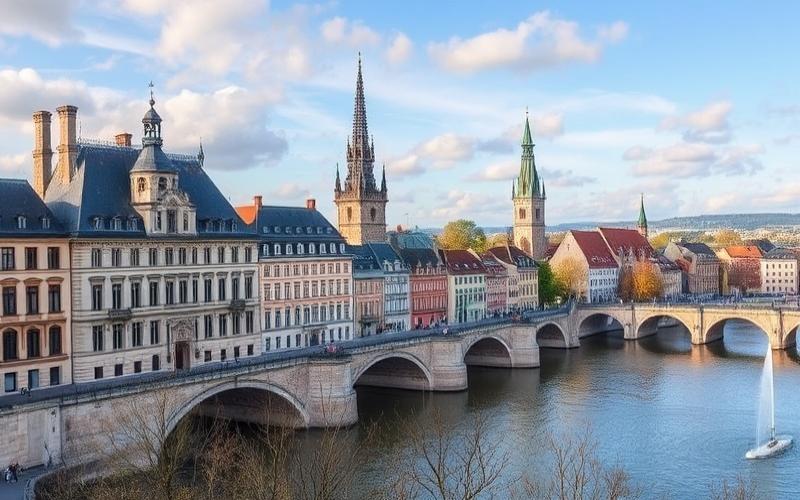
 Published on and written by Cyril Jarnias
Published on and written by Cyril Jarnias
Luxembourg, a small country at the heart of Europe, offers a unique and diverse religious landscape. For expatriates settling in this multicultural nation, understanding local religious practices is essential for successful integration. This article will guide you through various aspects of religious life in Luxembourg, its impact on daily living, and available resources for newcomers.
Religious Landscape in Luxembourg
Luxembourg is historically a predominantly Catholic country. However, recent decades have seen significant evolution in the religious landscape:
Decline in traditional religious practices: According to a recent study by STATEC (the national statistics institute), the proportion of people identifying with traditional religious beliefs and practices has significantly decreased, dropping from 75% to 48% between 2008 and 2021.
Rise of secularization: The importance given to religion dropped from 42% to 24% during the same period. Today, for more than three-quarters of Luxembourg residents, religion is not considered important in their daily lives.
Diversification of beliefs: Despite this decline, new forms of spirituality are emerging. Over 40% of people believe in a spirit or higher power, while 15% think a personal god exists.
Presence of other faiths: Although in the minority, other religious communities are present in Luxembourg, including Muslim (approximately 2.7% of the population), Protestant, and Jewish.
Impact of Religious Practices on Daily Life
Despite the trend toward secularization, religious practices continue to influence certain aspects of daily life in Luxembourg:
Calendar and Public Holidays
The Luxembourg calendar remains marked by Catholic religious holidays. Several public holidays have religious origins:
- Easter and Easter Monday
- Ascension Thursday
- Pentecost Monday
- Assumption (August 15)
- All Saints’ Day (November 1)
- Christmas (December 25)
These days are typically non-working days and may affect business and service opening hours.
The Octave: A Major Religious Tradition
The Octave is one of the most important religious events in Luxembourg. This celebration in honor of the Virgin Mary, patron saint of the city and country, takes place annually between the third Saturday after Easter and the fifth Sunday after Easter (in 2025, from May 10 to 25).
Impact on daily life: During this period, Luxembourg City welcomes numerous pilgrims. A traditional market, the “Mäertchen,” is organized at Constitution Square. Although not an official public holiday, the Octave influences the rhythm of the capital with processions and special celebrations.
Dress Codes and Behavior
Although Luxembourg is a largely secularized country, certain codes of conduct related to religion persist, particularly when visiting places of worship:
In churches: Dressing modestly and maintaining a respectful attitude is recommended. Silence is generally expected, especially during services.
During ceremonies: For religious weddings or funerals, formal attire is often expected.
Religious Freedom and Resources for Expatriates
Luxembourg guarantees freedom of religion in its Constitution. Article 19 ensures freedom of worship, its public practice, and the freedom to express religious opinions.
Practicing Your Religion in Luxembourg
For expatriates wishing to practice their religion, several options are available:
Catholicism: Many churches offer masses in multiple languages, particularly in French, German, English, and Portuguese.
Protestantism: The Protestant Church of Luxembourg offers services in multiple languages, particularly at Trinity Church in Luxembourg City.
Islam: Several mosques and Islamic cultural centers are present in the country, particularly in Luxembourg City, Mamer, and Esch-sur-Alzette.
Judaism: The Jewish community has a synagogue in Luxembourg City.
Orthodoxy: Orthodox churches of different traditions (Russian, Greek, Romanian) are present in the country.
Resources for Expatriates
- The official Luxembourg government website (www.gouvernement.lu) provides information about different religious communities in the country.
- Embassies and consulates can often direct expatriates to religious communities of their faith.
- Expatriate groups and associations, like InterNations, regularly organize meetings and can be a good source of information about local religious practices.
Conclusion
Understanding local religious practices in Luxembourg is essential for successful integration of expatriates. Although the country is experiencing a trend toward secularization, religion continues to influence certain aspects of daily life, particularly through holidays and traditions.
Luxembourg offers a legal and social framework favorable to religious freedom, allowing expatriates to practice their faith while discovering the country’s cultural and spiritual richness. Open-mindedness and mutual respect are key to navigating harmoniously through this diverse religious landscape.
Good to Know:
Luxembourg is a country where religious freedom is guaranteed by the Constitution. Expatriates can practice their religion freely while respecting local traditions. The trend toward secularization doesn’t prevent the persistence of certain religious practices that shape the country’s social and cultural life.
Disclaimer: The information provided on this website is for informational purposes only and does not constitute financial, legal, or professional advice. We encourage you to consult qualified experts before making any investment, real estate, or expatriation decisions. Although we strive to maintain up-to-date and accurate information, we do not guarantee the completeness, accuracy, or timeliness of the proposed content. As investment and expatriation involve risks, we disclaim any liability for potential losses or damages arising from the use of this site. Your use of this site confirms your acceptance of these terms and your understanding of the associated risks.

